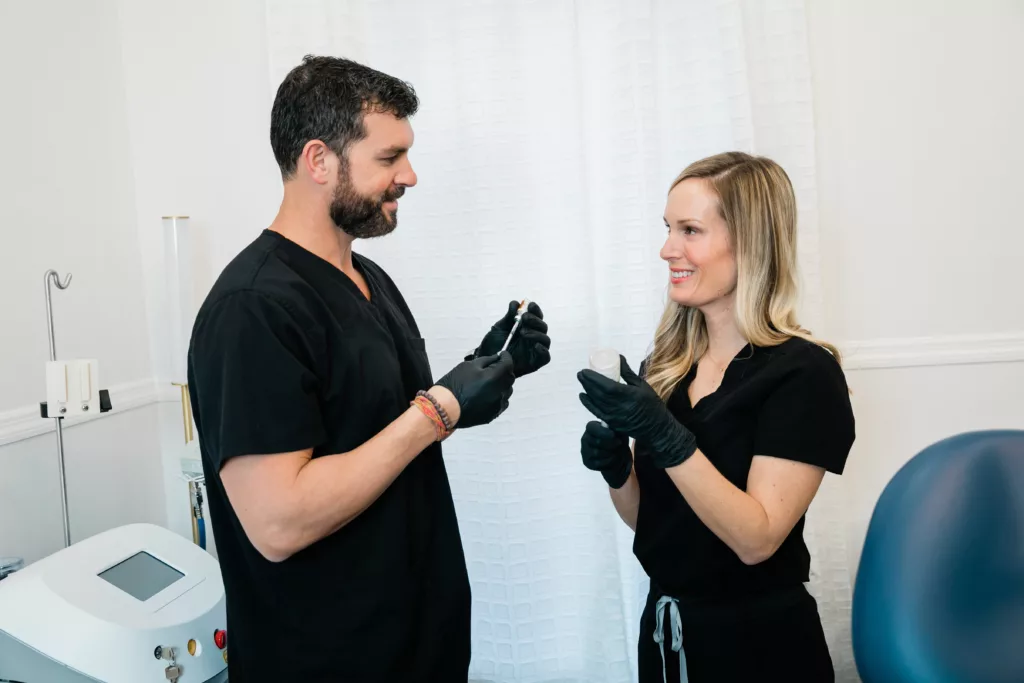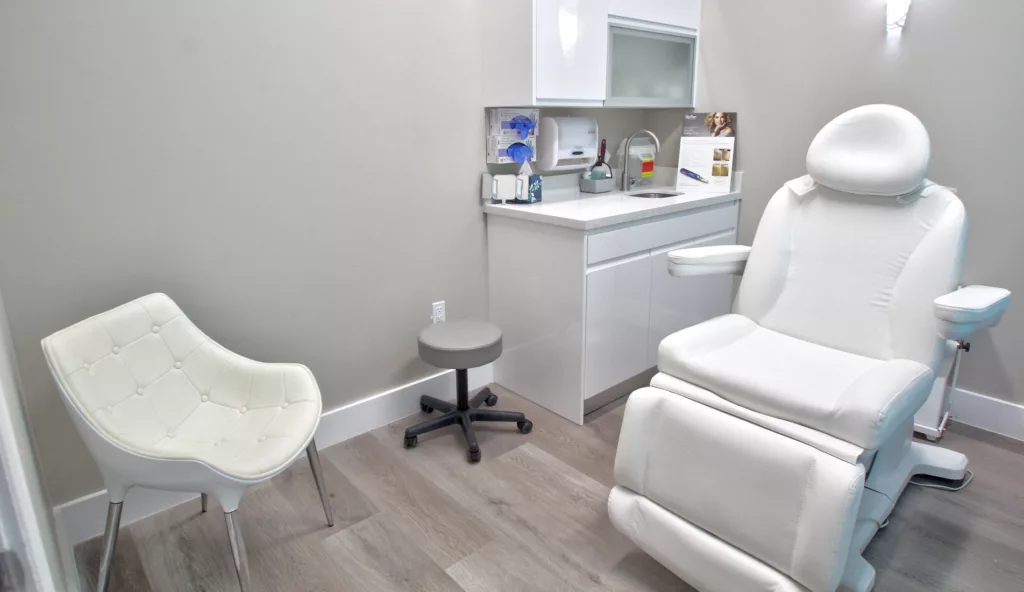Every practice owner eventually faces a crucial decision: how to maximize value when it's time to sell. While some owners consider handling the sale themselves to avoid broker fees, this approach often overlooks the complexity of practice transitions and the true costs of going it alone.
The Real Value of Partnership
When you've spent years building a successful practice, the idea of paying a broker fee might feel like leaving money on the table. However, experienced practice owners understand that selling a healthcare practice requires an entirely different skill set than running one.
A healthcare-focused M&A advisor brings:
- Deep market knowledge and buyer relationships
- Expert practice valuation and financial analysis
- Strategic negotiation experience
- Transaction management expertise
- Real estate and lease negotiation skills
- Comprehensive buyer marketing
Understanding Fee Structures
Most healthcare M&A firms structure their compensation in one of these ways:
- Success-Based Fees: Typically 6-10% of the final sale price, paid only when the transaction closes
- Hybrid Models: Combination of the smaller upfront fee plus a success fee
- Minimum Fee Arrangements: For smaller practices where percentage-based fees wouldn't cover the work involved
The specific fee structure depends on factors like:
- Practice size and complexity
- Amount of preparation needed
- Expected sale timeline
- Level of support required
Hidden Costs of Selling Without Representation
What many practice owners don't realize is that going it alone often leads to costly missteps. Here are real scenarios we've encountered:
Lease Assignment Issues
Your practice lease is more than just a monthly payment - it's often a critical deal point. We frequently see unrepresented sellers lose $100,000+ in value when landlords use the sale as leverage to increase rent. This directly impacts your practice's EBITDA and, consequently, your final sale price.
Value Erosion During Due Diligence
Initial offers from buyers often look attractive. However, without experienced representation, these numbers frequently get "adjusted" during due diligence. Having an advisor who can:
- Defend your practice's value
- Present financials clearly from the start
- Pushback on unnecessary adjustments can mean the difference between getting your expected price and settling for less.
Limited Market Exposure
The healthcare practice market isn't like selling a house - there's no MLS system where buyers can easily find you. We regularly see practices sell for 20-30% below market value simply because they didn't reach the right buyers.
Making the Right Choice for Your Practice
When evaluating whether to work with an M&A advisor, consider:
- Do they have extensive experience in your specific specialty?
- Can they demonstrate a track record of exceeding initial offers?
- Do they understand both the clinical and business sides of your practice?
- Will they be available throughout the entire process?
The PTG Difference
At Practice Transitions Group, we structure our relationship as a true partnership. Our success is directly tied to maximizing your outcome - we only get paid when you get the deal you want. This alignment of interests has helped us consistently deliver results that exceed our clients' expectations.



